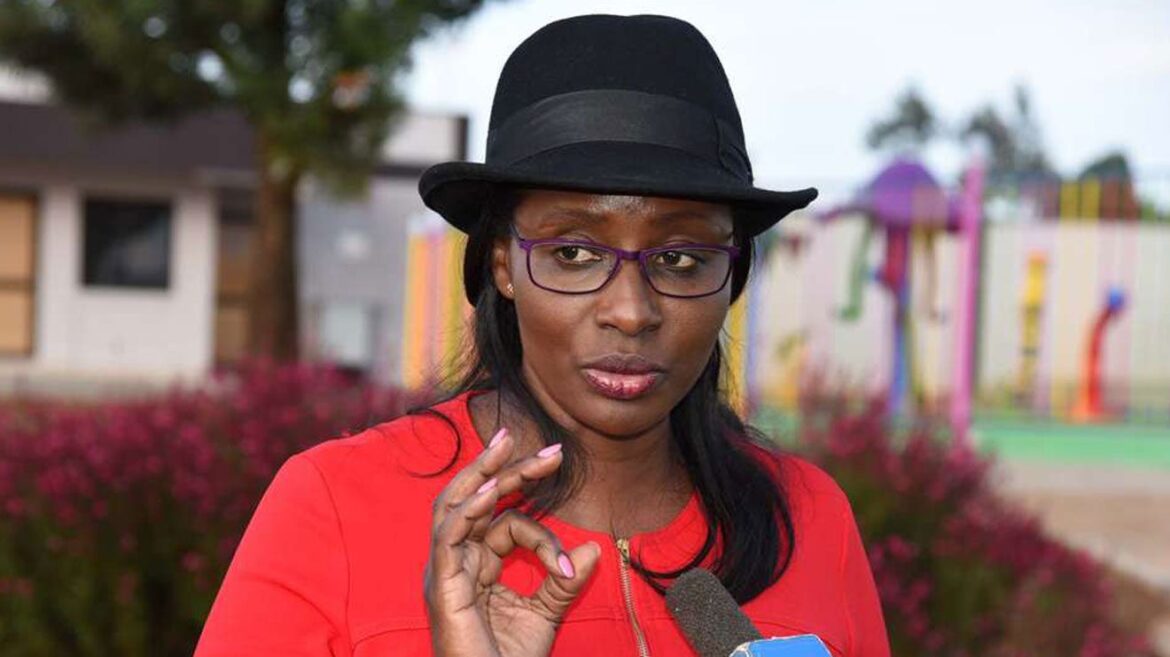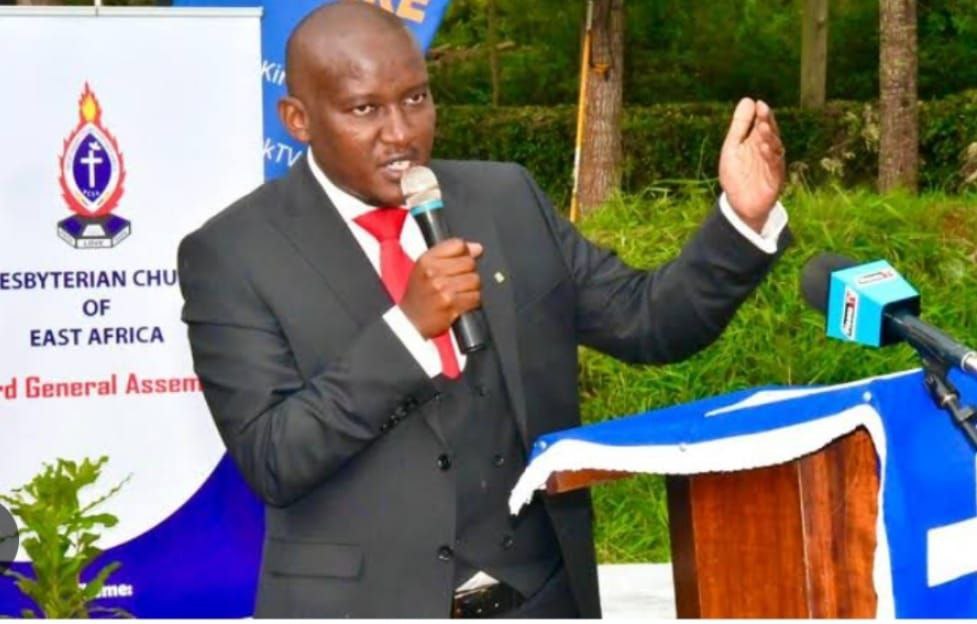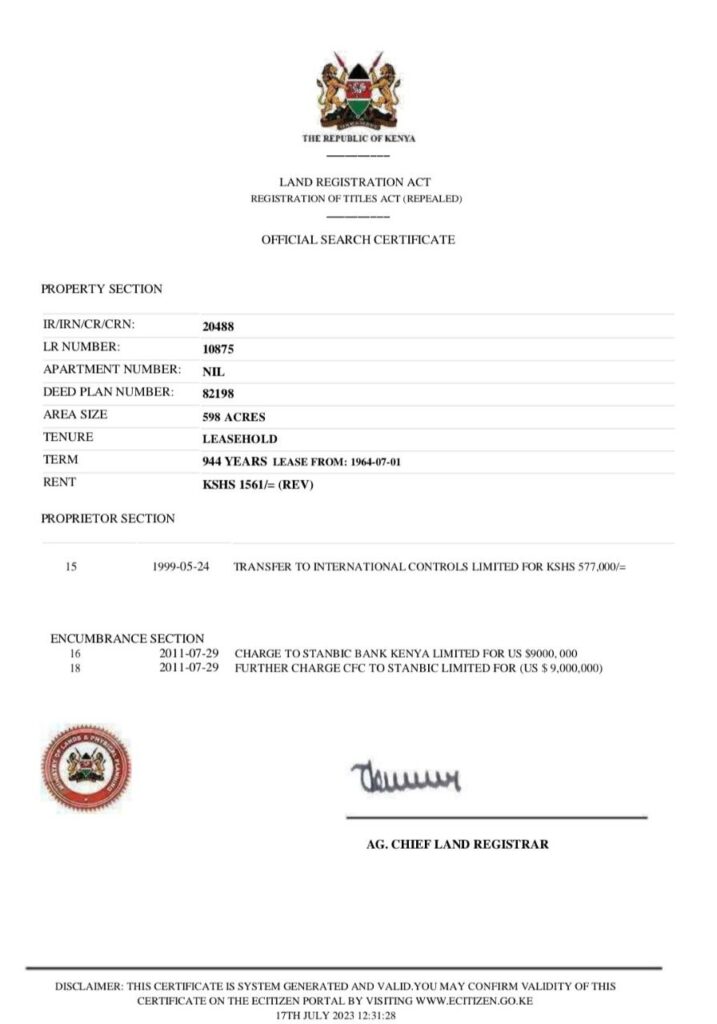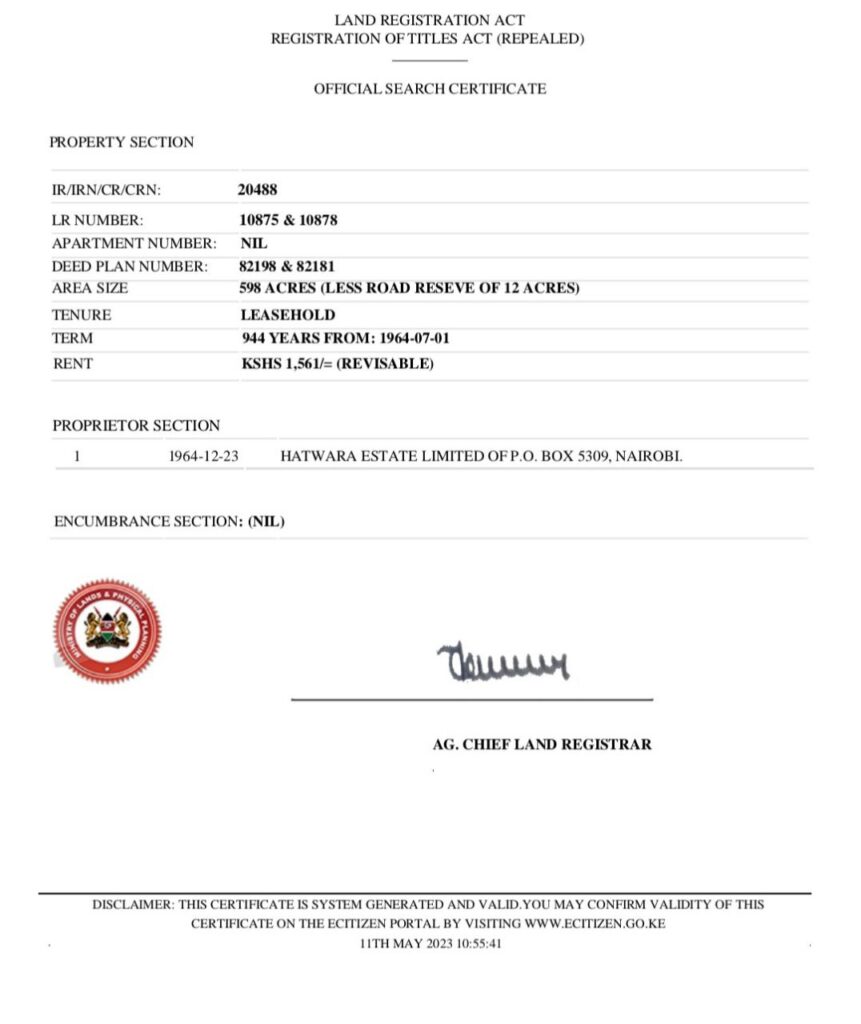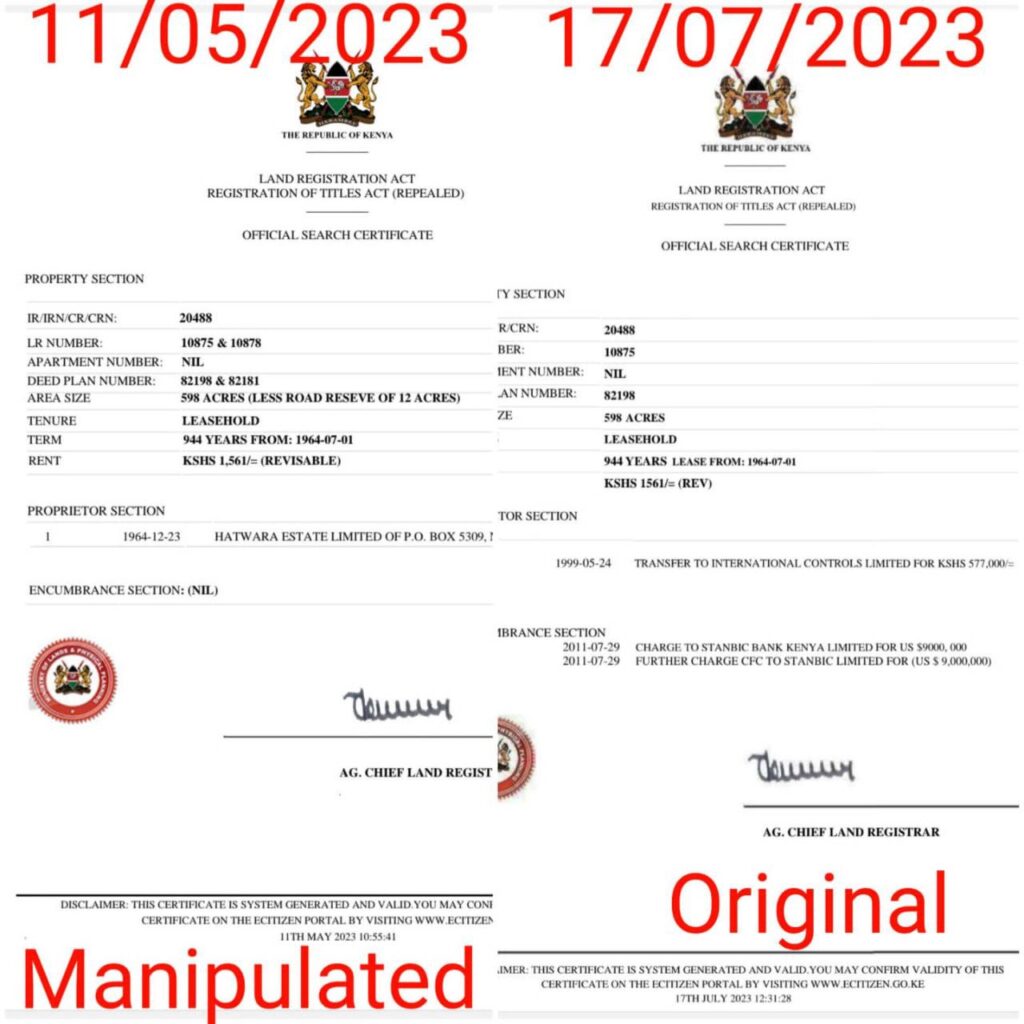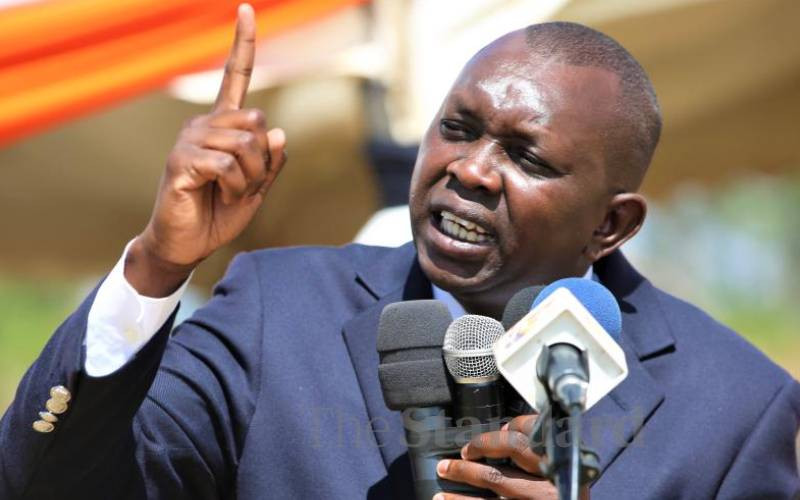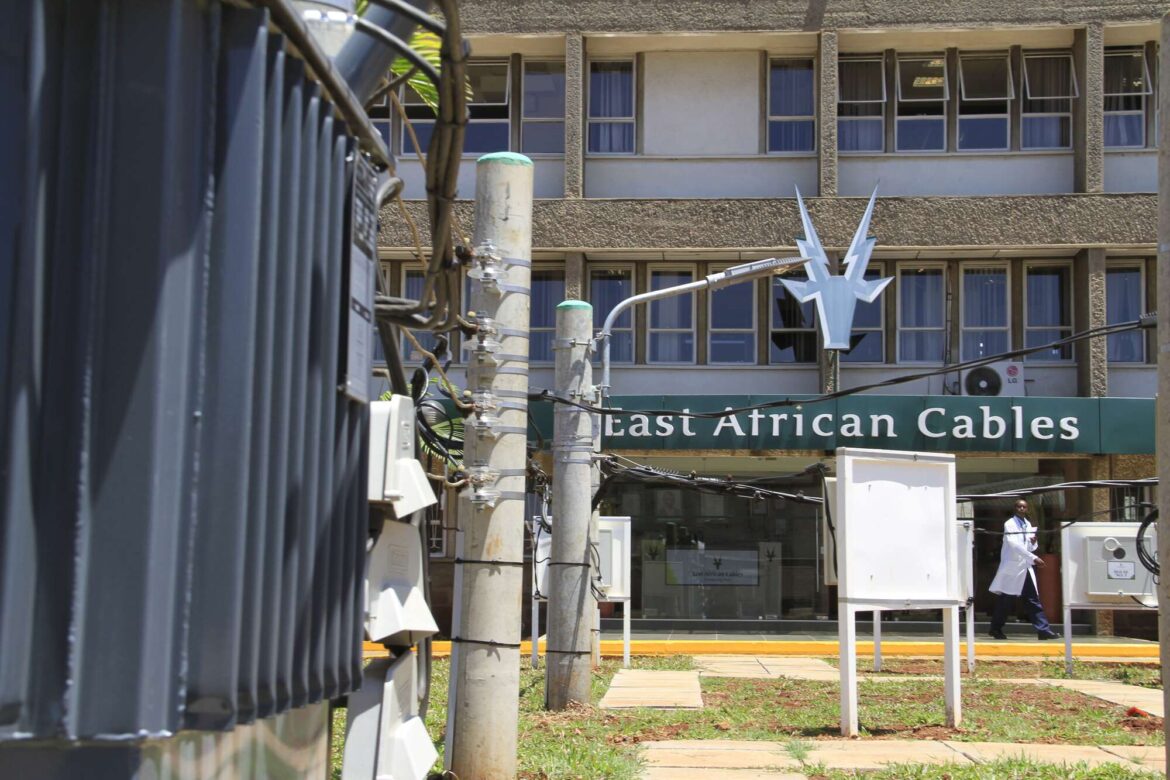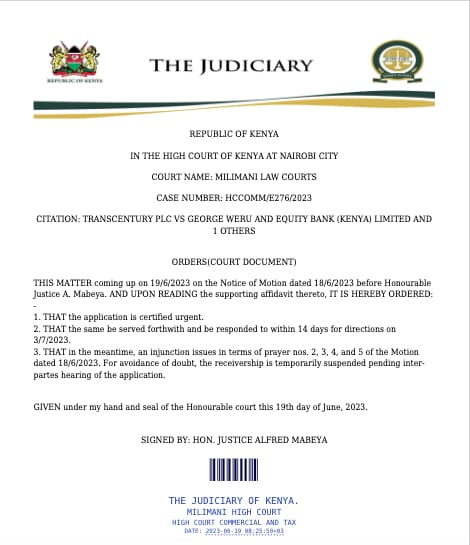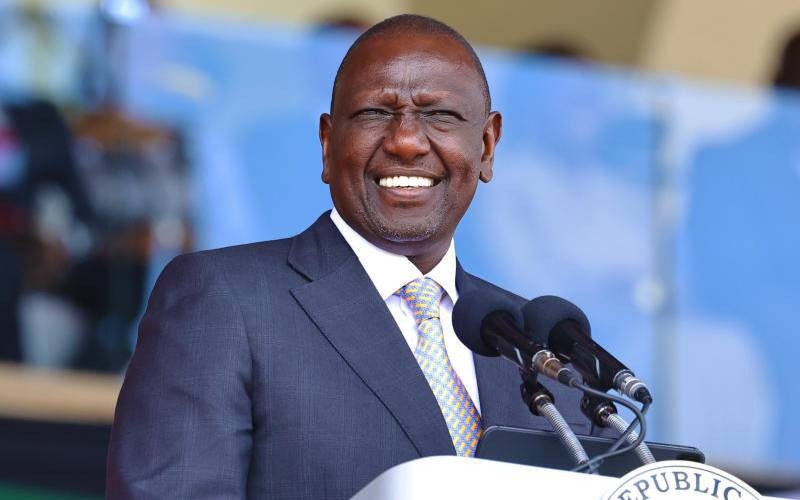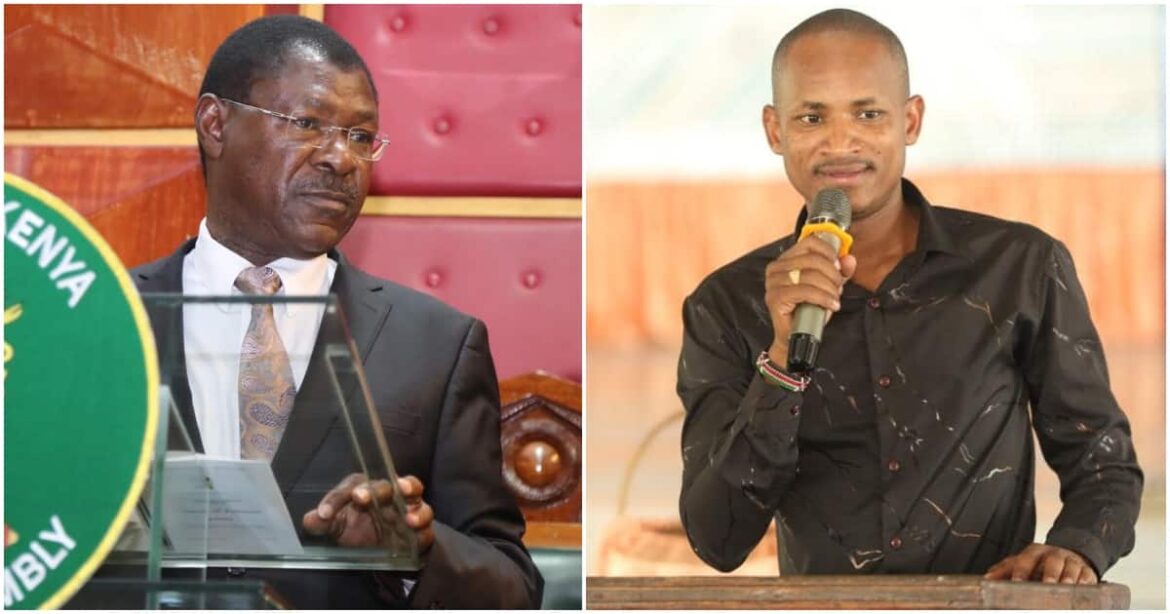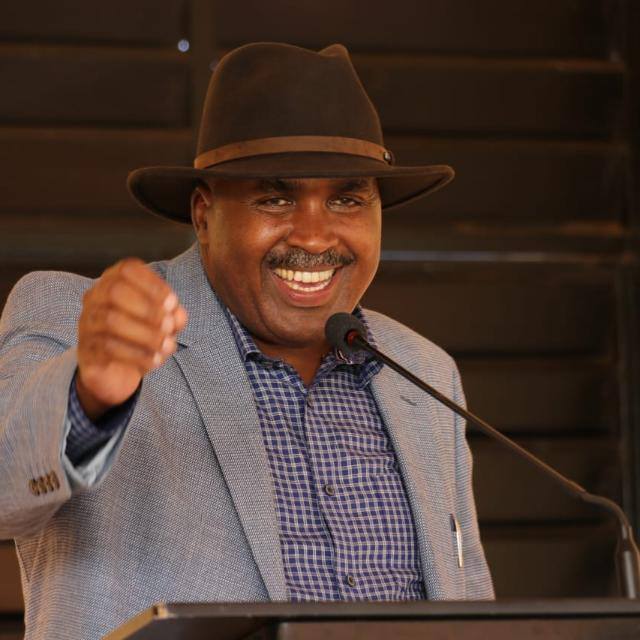Mzalendo Trust, a non-partisan entity that keeps an eye on Kenyan Parliament has released its first scorecard for the Members of the 13th parliament.
The report has detailed the most active MPs, and those who have never spoken on the floor of the house since being elected in August 2022.
The most active MPs were Makali Mulu (Kitui Central), Beatrice Elachi (Dagoretti North), James Nyikal (Seme) and Ken Chonga (Kilifi South).
Among the youthful MPs, Gitonga Mukunji (Manyatta) of the United Democratic Alliance (UDA) stood out as the most active, having contributed a noteworthy twenty-one times.
Mukunji’s engagement was followed, though at a distance, by Nominated MP Irene Maka, who also made a respectable twelve contributions. Not far behind, Jesses Lelmengit of Emghwen made eleven valuable contributions.
Additional youthful MPs who left their mark with substantial contributions included; Robert Ngui Basil (Yatta), Jushua Kamilu (Kaiti), and Amos Mwango (Starehe).
Over at the Senate, Samson Cherargei (Nandi) from the United Democratic Alliance made his presence felt as the most vocal member, closely trailed by Eddy Oketch (Migori), John Kinyua (Laikipia), and Mohamed Faki (Mombasa).
On the opposite end of the spectrum, the least active Senators were Mirah Abdullahi, Joyce Korir, and Shakilla Abdalla, all of whom are nominated. Also included among the less active were George Mbugua (Nominated) and Issa Boy Juma (Kwale).
Mzalendo Trust noted that the report covers only plenary proceedings, whose information is readily available to the public, and not committee sittings.

